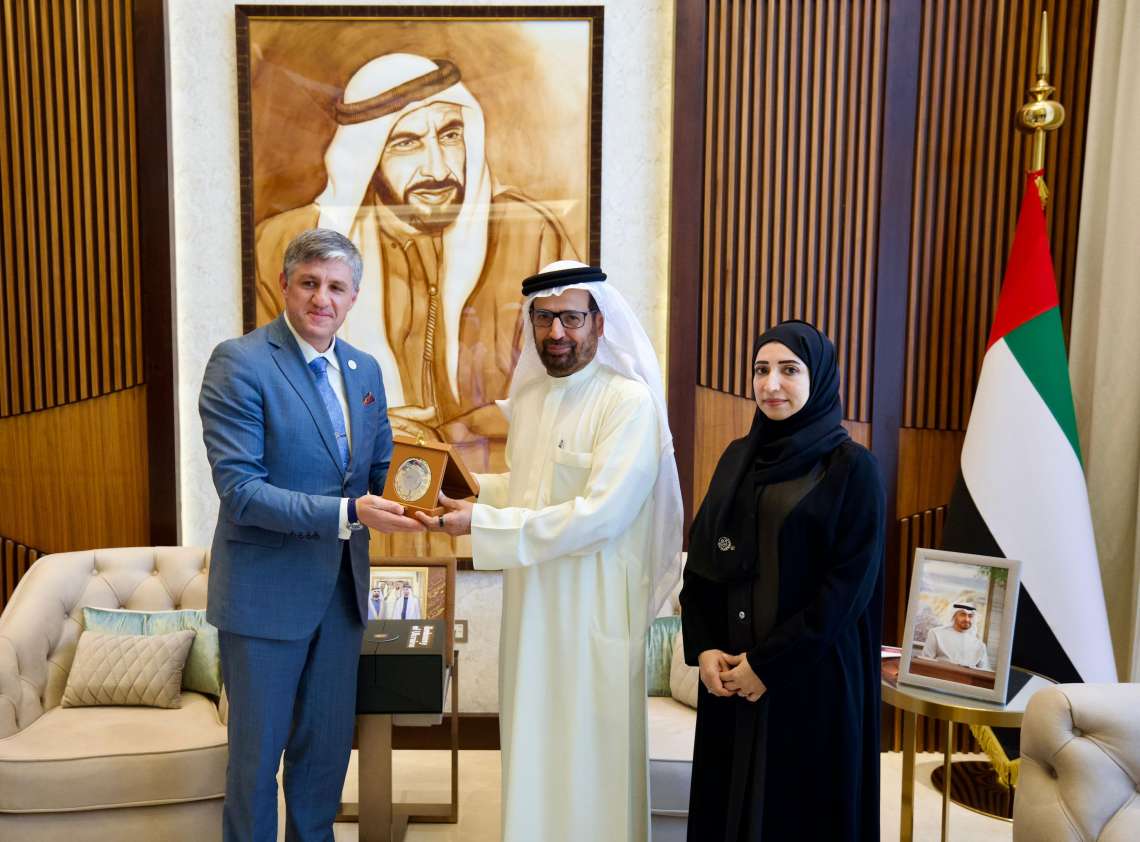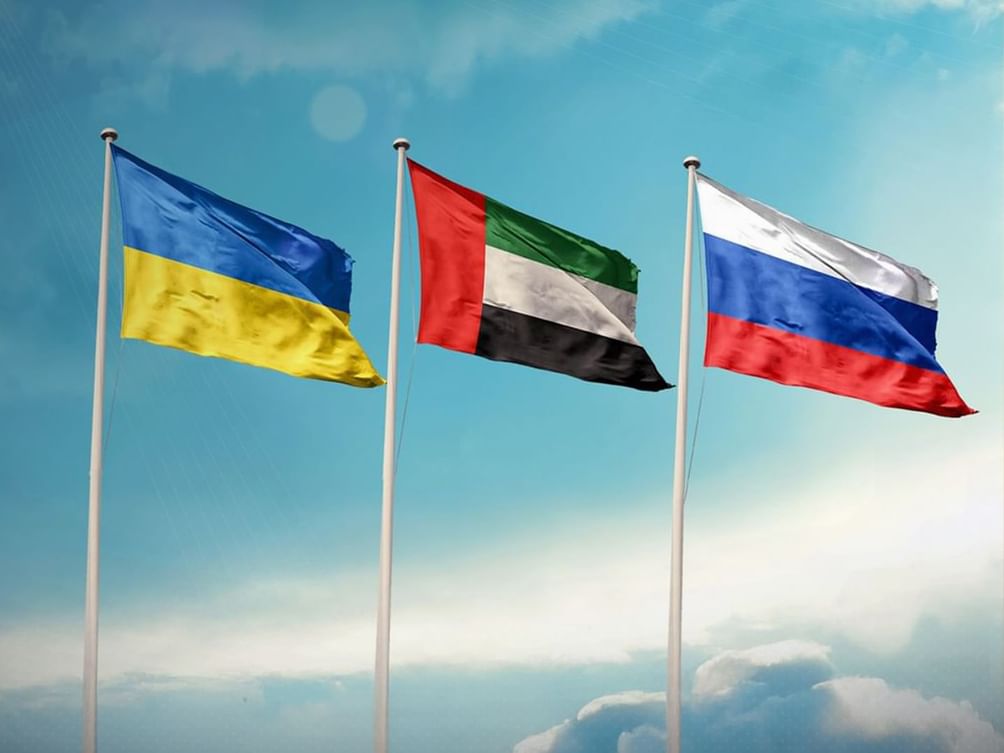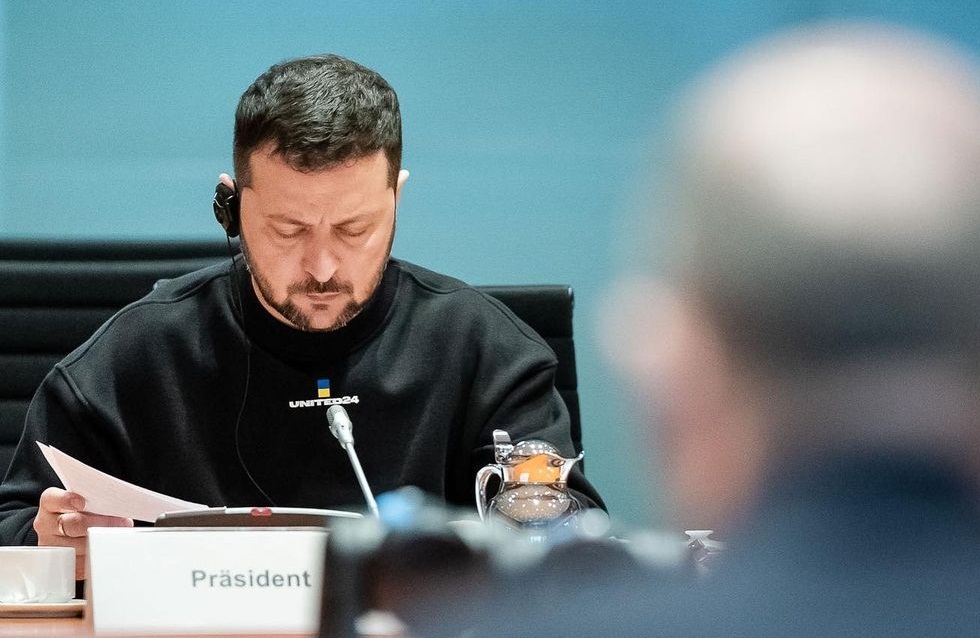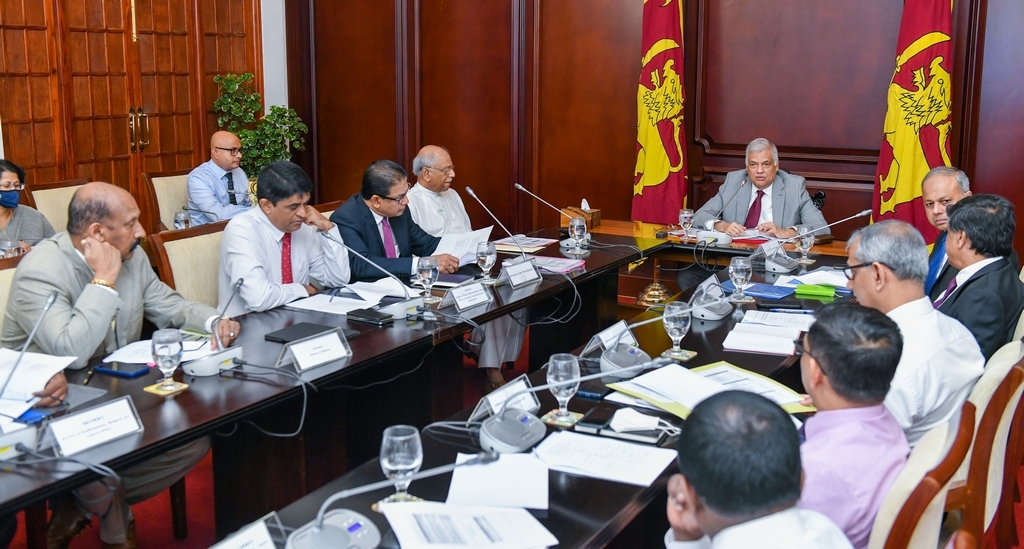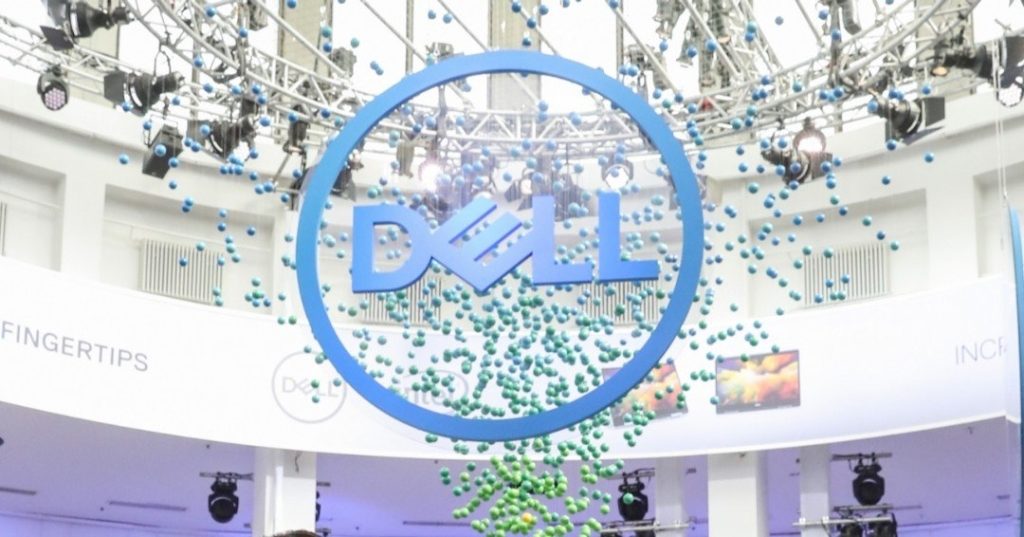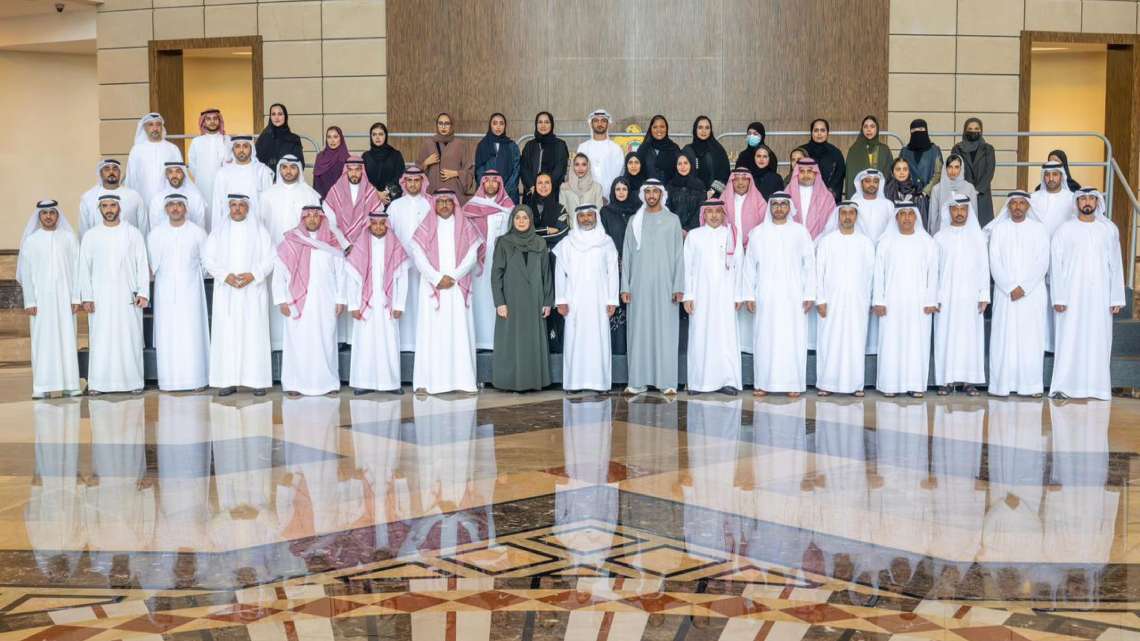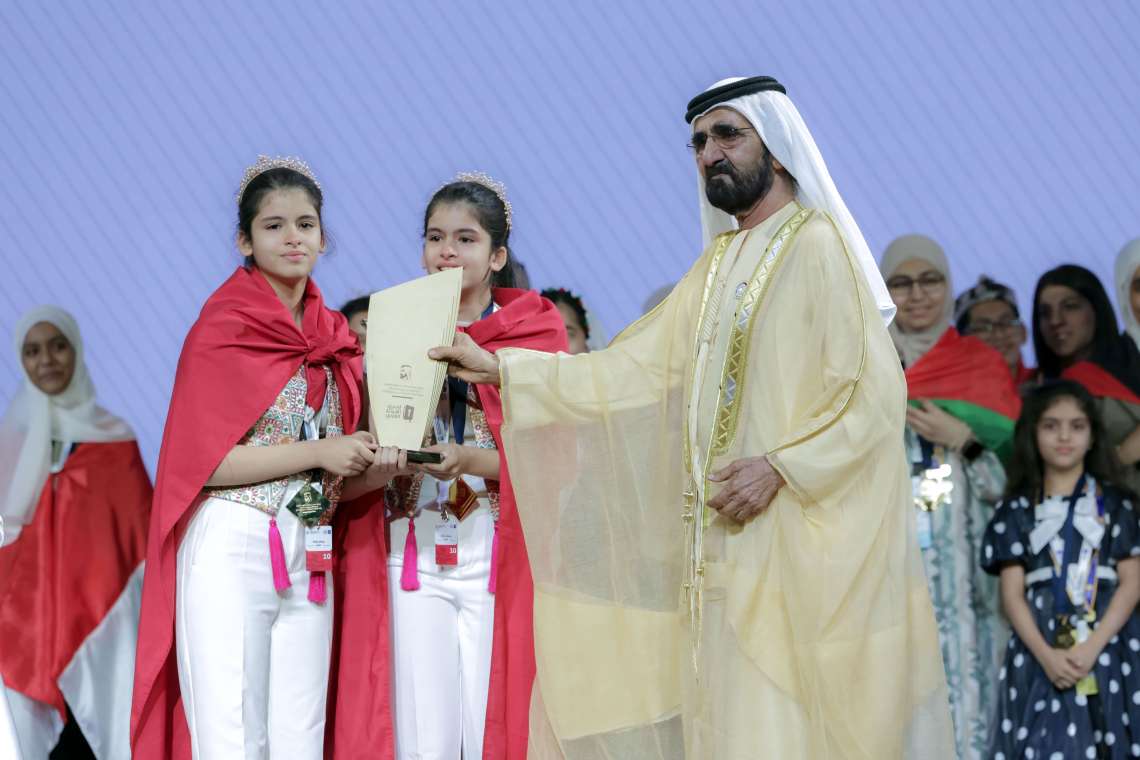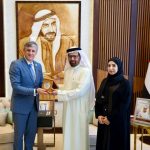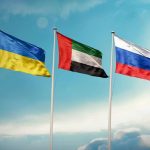Neither Russia nor Ukraine nor the EU is gaining from this war, neither is the rest of the world, especially the poorer countries, writes Prof. Madhav Das Nalapat
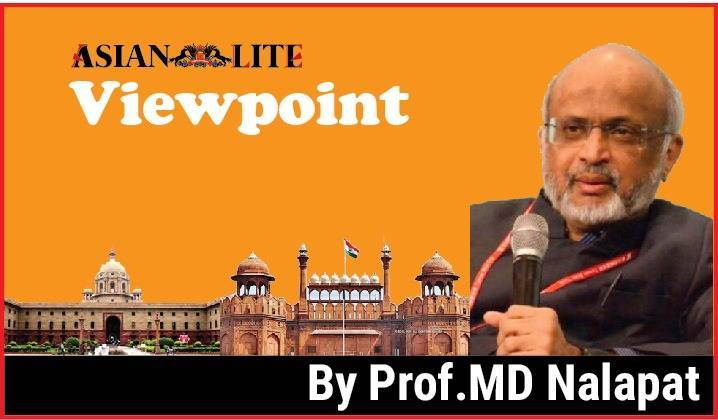
Wars are a catalogue of misery brought about by miscalculation. When he gave the command to launch the “Special Military Operation” against Ukraine that began on 24 February 2022, President Vladimir Putin would not have been aware of what much later was revealed by Angela Merkel and others. That the Minsk process, on which Moscow had pinned its expectations of a peace settlement, was only a ruse designed to give the regime in Kiev sufficient time.
This was to prepare for a Ukrainian offensive designed to retake the territories lost after the success of the 2014 regime change operation in Ukraine, with indirect but very substantial involvement by NATO. Given that Russian intelligence agencies have honeycombed the Kiev establishment, that there would shortly be such a military offensive would have become known to the Kremlin. Rather than wait for the blow to fall in the manner Saddam Hussein did in 2003, Putin decided on a pre-emptive strike before the Ukrainian military had completed preparations for the recapture of Lugansk and Donetsk, if not Crimea.
The “Special Military Operation” presented an opportunity for war planners within NATO to entangle that Russian military in a quagmire such as what the alliance had faced in Afghanistan as a consequence of the Pakistan military sabotaging efforts at eliminating the Taliban. In other words, Ukraine in the 2020s was to be what Afghanistan had been to the Soviet Union in the 1980s, a bleeding wound that would drain away the resolve and resources of the Russian military.
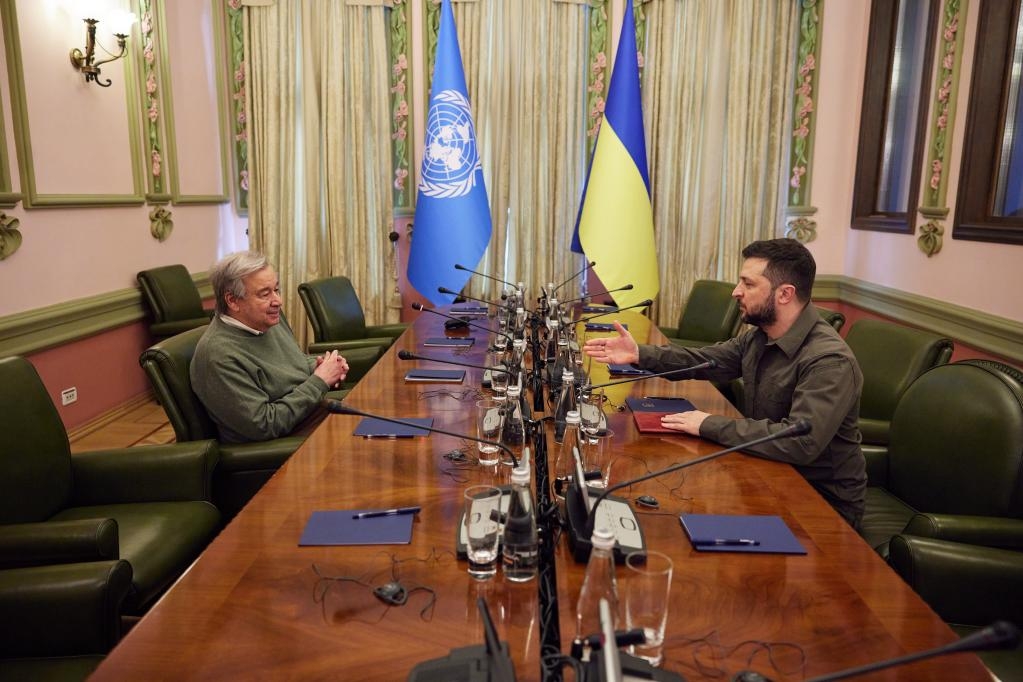
Surprisingly, Volodymyr Zelenskyy, who had been elected on a promise to pursue peace rather and confrontation with Russia metamorphosed into as determined a champion of such a kinetic challenge to the Kremlin as Russophobes such as Petro Poroshenko, who had been installed in 2014 to head the government in Kiev that was to win back territories that had been lost during that year. Since then, the government in Kiev had sought to pummel the territories lost by constant harassment caused by shelling that resulted in a consistent drip drip drip of civilian lives lost in Donetsk and Lugansk.
Concurrently, an influence building operation was launched that has become among the most successful in its genre. This was to portray Ukraine as a country denuded of Russian-speaking citizens, and which historically had only the most tenuous of links with Russia, neither of which is true. Next was to portray the post-2014 governments in Kiev as exemplars of integrity and having the finest of cultural traditions to be found in Europe. The final touch was to link Ukraine to the defence not just of western civilisation but western security, such that any increase in Russian influence in that country would go counter to both western civilisation and security.
After Russia launched its war on Ukraine last year, such a process was speeded up by barring any media outlet that portrayed a Russian perspective on the conflict. Few of the many across both sides of the Atlantic who seek to educate the rest of the world on the desirability of freedom of speech appear to disagree with the view of chancelleries in the western world that the only way to protect free speech was to bar any that was at variance with the approved version of events in Ukraine. Similar is their view that jailing Julian Assange or Chelsea Manning was essential to the preservation of democracy in the West.
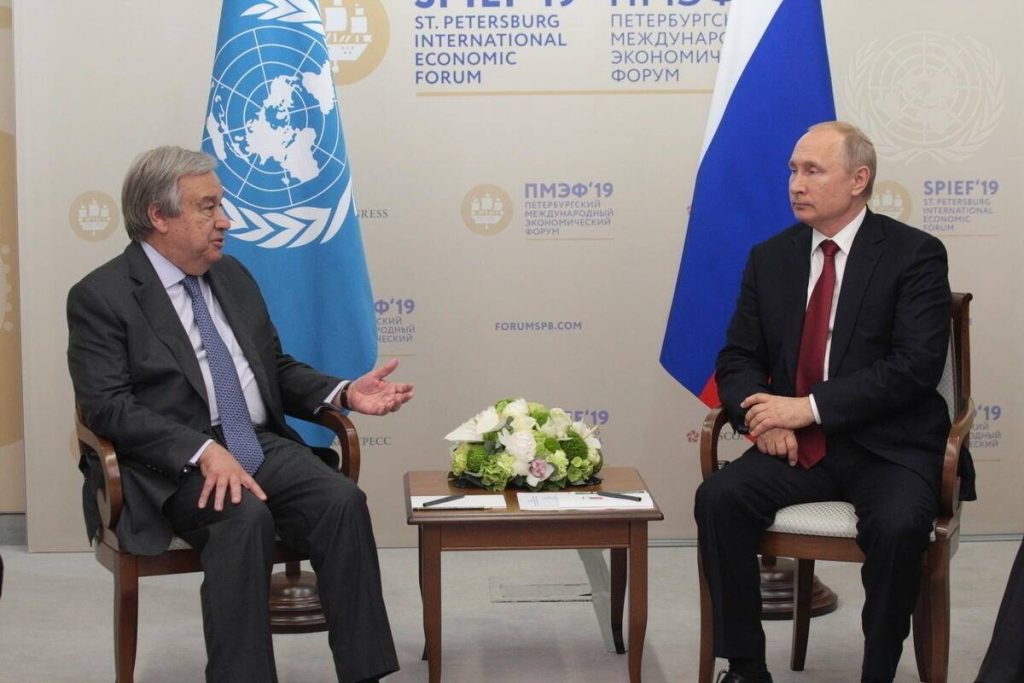
As mentioned by External Affairs Minister S. Jaishankar, it is extraordinary that Europe believes its own problems to be the world’s problems, but does not consider the rest of the world’s problems to be its problems. Whether it be Asia, Africa or South America, very few countries back the stance taken by the NATO powers on the Ukraine war, that the defeat of Russia is an existential battle for democracy itself. Their prowess in Perception Management resulted in several media outlets and commentators in the three continents mentioning breathlessly forecasting from the close of March 2022 itself that the Ukrainian military was on the cusp of pushing Russian forces back towards the vicinity of Moscow.
Similar to a carrot being waved in front of a donkey to get the animal to trot along carrying the cart with him, this “cusp of victory” seems to be getting not less but more distant by the month. The problem is that Europe’s problem has become the world’s problem. More than the war, the sanctions imposed against Russia by the US, EU and others have caused shortages of essential commodities and inflation across the world. They have also underscored the imperative of moving away from the US dollar as the global reserve currency, given the collateral damage that a rising dollar is causing to the debt burdens of poor countries and to global inflation.
A rising dollar may not be as helpful as is supposed in taming inflation in the US, but it certainly pushes inflation and consequent misery in countries that have a low per capita income. As for the inflation now being witnessed in the US, the UK and the EU, a substantial portion of that has been self-inflicted, through the backfire of sanctions. Not that this gets mentioned in a media that has cosily embedded itself within the pre-approved information stream of NATO.
Before the war, the perception within the Atlanticist world was that Vladimir Putin, if replaced, would give way to another Gorbachev or Yeltsin and be as mindful of western needs as the two were. Now, the course of the proxy war between Russia and NATO that is being conducted in Ukraine is steadily ensuring that were Putin to fall, the next in line would be even more hardline than the present President of the Russian Federation.
Not only are the bridges between Russia and the EU, US and UK being burnt, the ashes are being scattered with little hope of retrieval. Neither Russia nor Ukraine nor the EU is gaining from this war, neither is the rest of the world, especially the poorer countries. In the name of bringing back territory lost to Russia in 2014, Ukraine is being destroyed. The only gainer from the present conflict is the CCP, which got a reprieve from attention towards its ultimate geopolitical objectives getting diverted in the way that was the case when 9/11 took place in 2001.
Short of a meltdown of Russia, there is no chance of Ukraine getting back its lost territories. In its eagerness to ensure such a meltdown, NATO goaded by the US, the UK, the Baltic states and Poland are ignoring one red line after the other, bringing closer the point when it will find itself in a direct and cataclysmic direct conflict with the Russian Federation. The time has long past for the conflict to end. UN Secretary-General Antonio Guterres needs to call for an immediate ceasefire as well as the rollback of Ukraine-related sanctions on Russia. The world must not be forced into enduring the pain of a conflict that both sides to it have blundered into.


